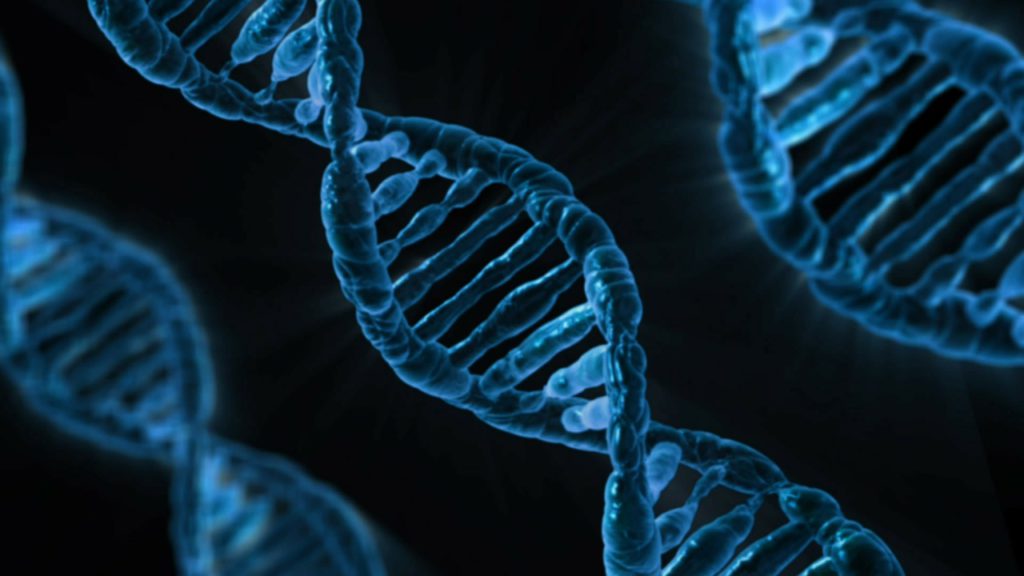
DNA paternity tests are used to verify the identity of someone’s father. They can be conducted on a blood sample or a cheek swab. These tests can be conducted at home using commercial kits, but to ensure accuracy, the results are often only admissible in legal situations when conducted by accredited healthcare professionals.
Continue reading to learn how accurate are DNA paternity tests, how the different types of DNA paternity tests work and why they are conducted.
Types of Paternity Tests & How Accurate Are DNA Paternity Tests?
There are several different types of paternity tests. The most common are those conducted on a blood sample or cheek swab sample. For each of these tests, both subjects provide the same samples, which are then sent off for testing.
A lab then runs a DNA sequencing test on the samples to look for matches in the genetic codes of each. If they match, they can confirm that the older subject is the father.
Paternity tests can also be conducted on a sample from an unborn child to confirm the father’s identity. These tests are performed differently since the samples are more difficult to procure, but they are just as accurate as tests done on two adults.
Potential ways of retrieving these samples include:
- The DNA of the potential father’s sample can be compared to DNA found in the mother’s blood, which mingles with the baby’s during the first trimester of pregnancy. This is called an NIPP or noninvasive prenatal paternity test.
- Amniocentesis can be used to procure a sample of amniotic fluid from the mother’s womb. This fluid contains the baby’s DNA, which can then be compared to the potential father’s. Since doctors must extract the sample using a needle, there is a small risk of inducing a miscarriage with this test. Amniocentesis would have to be done between weeks 15 and 20.
- CVS or chorionic villus sampling can also be used to gather DNA for the test. In this case, doctors would collect a tissue sample from the mother’s placenta and compare the DNA to the potential father’s. This must be performed between the 10th and 13th week. Like amniocentesis, this DNA test poses a slight risk of miscarriage.
When conducted on a viable sample using an approved method, DNA paternity tests are accurate up to 99.99% of the time. The results are often available from the lab within a week of delivery. This is the same whether the child has been born or not.
Why Get a Paternity Test?
There are several reasons a paternity test may be ordered. For personal reasons, a couple may want to verify the father’s identity due to their cluttered sexual history. Paternity tests are frequently ordered in court cases involving a child’s legal status, as well as a father’s potential requirements for child support and rights to custody.
Additionally, sizable inheritances often require paternity tests to confirm rightful heirs. Social security benefits can change depending on the father’s status as well.
Finally, you may want to identify potential risks for genetic disorders or illnesses, which may require verifying the father’s identity to confirm the lineage.
What About At-home Tests?
At-home tests are sold as kits, which give you instructions on how to collect the samples, pack them, and send them to a lab for testing. Once at the lab, the samples will be analyzed and compared with the same accuracy as a test conducted in a medical office.
The problem is that potential errors can be made in sample collection. For this reason, tests conducted on at-home samples are not always legally admissible. In New York, for example, a physician’s authorization is required for a DNA paternity test to be legal.
In the United States, the legal implications of DNA paternity tests can change in different states. However, the mother’s consent is not required to conduct a paternity test on a child that has already been born.
Different countries treat paternity tests differently. In China, paternity testing is legal and often required to confirm parentage in accordance with one-child policies enforced by the government. By contrast, unless ordered by a court, paternity testing is illegal in France and punishable with prison time.
The Takeaway
A DNA paternity test can be a legal order for a custody dispute or a simple check-up to confirm your lineage for health reasons. Regardless, the procedure is accurate when conducted at an accredited lab. At-home kits are available to use as well, which are just as accurate so long as the samples are collected properly.
Speedy Sticks is a mobile concierge phlebotomy service that provides at-home blood draws and on-site diagnostic/health screenings for businesses and individuals. One of these tests is a DNA paternity test which can be performed by one of our specialists. Book an appointment today.
*This content is for informational purposes only and is not meant to replace consulting with a healthcare professional. Please consult with your primary care physician or healthcare provider before engaging in any services offered by Speedy Sticks.
**These are approximations, and experts disagree on some values. Consult your healthcare provider for recommendations suitable for you. It is also important to ensure the levels are given in the same measurements, such as mg/dL, etc.





